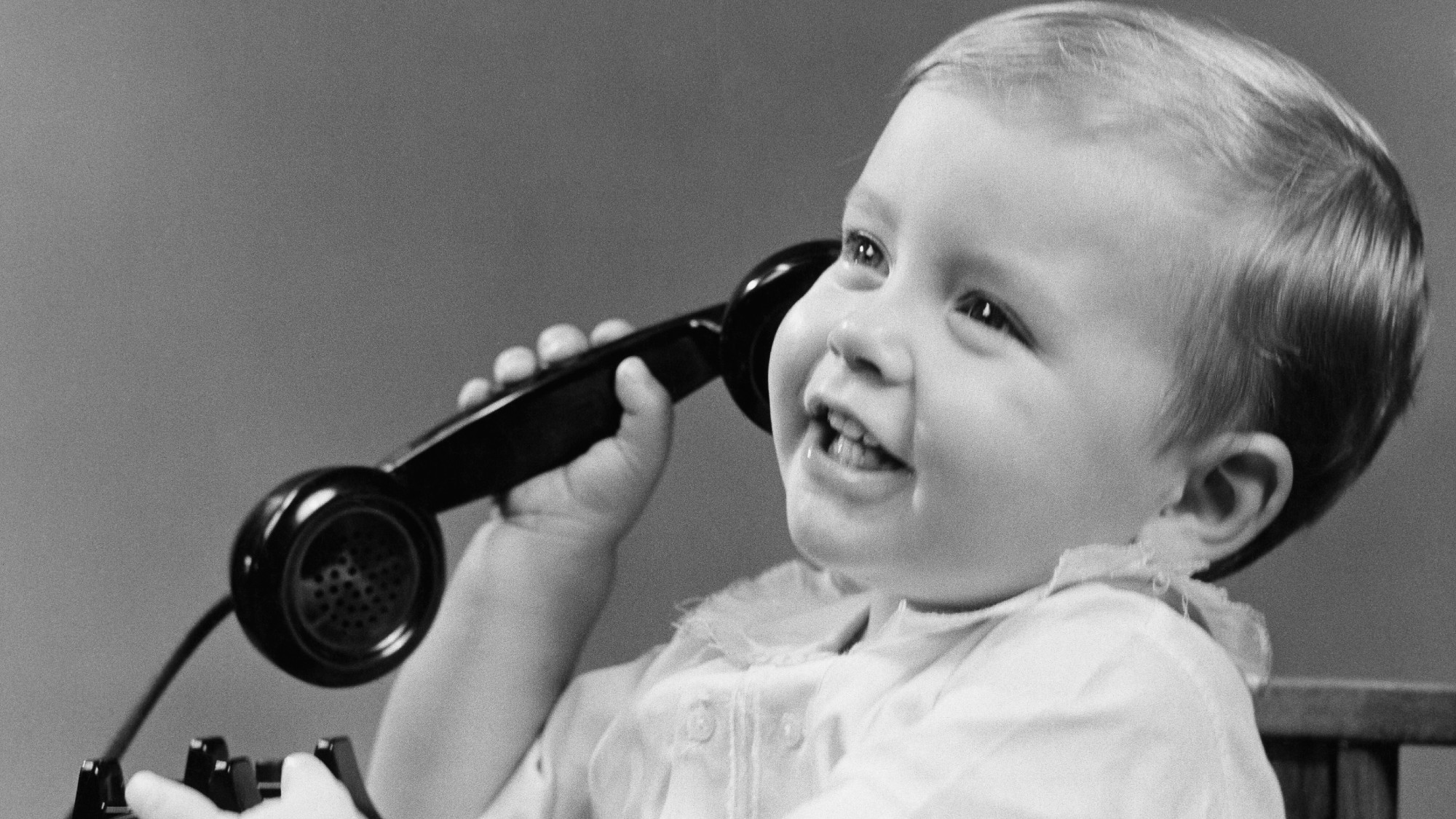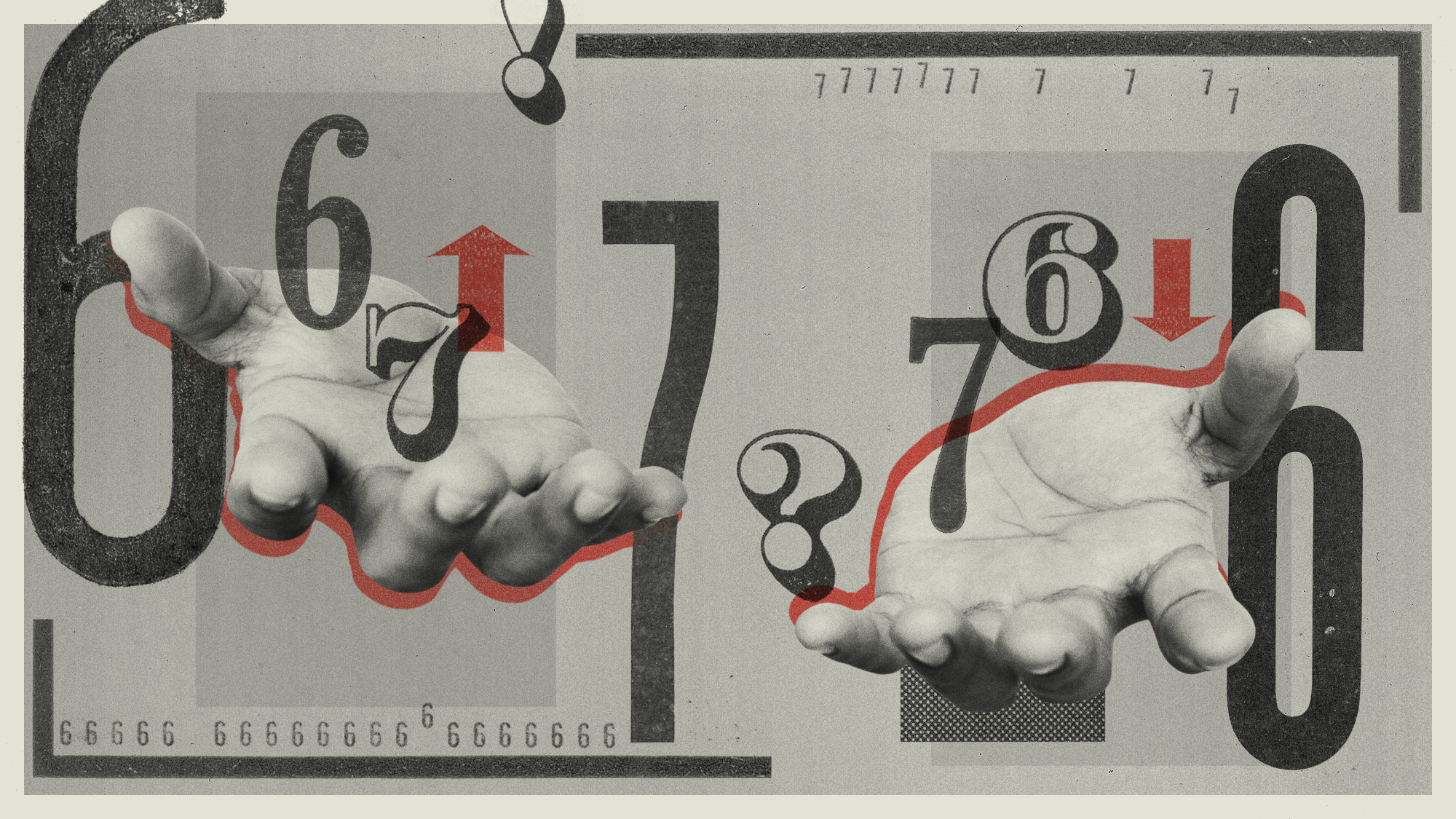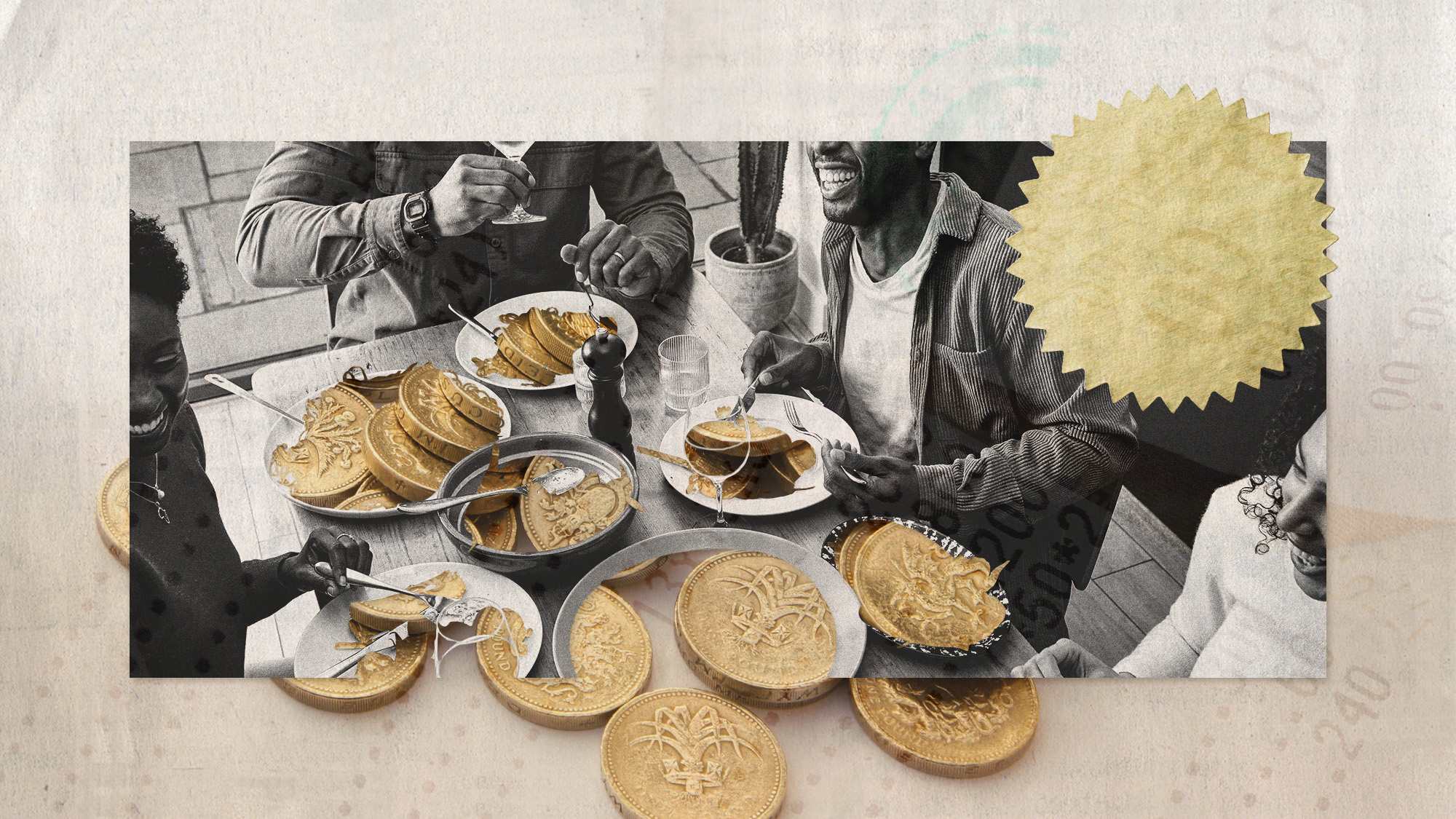Telephobia: why young people are being taught how to make phone calls
Gen Z are so scared of calls that they 'scream' when their phone rings

A free daily email with the biggest news stories of the day – and the best features from TheWeek.com
You are now subscribed
Your newsletter sign-up was successful
Schools and companies are teaching Gen Z how to talk on the phone because young people lack the confidence to make professional calls.
"Telephobia", or an anxiety around making and receiving phone calls, is a growing issue, with a study by comparison site Uswitch concluding that a quarter of people aged 18 to 34 never actually answer when they're called.
'Literally screaming'
School coaching was offered ahead of A-level results last month, when students who didn't meet their predicted grades would be "forced" to speak to university admissions officers, said The Independent.
The Week
Escape your echo chamber. Get the facts behind the news, plus analysis from multiple perspectives.

Sign up for The Week's Free Newsletters
From our morning news briefing to a weekly Good News Newsletter, get the best of The Week delivered directly to your inbox.
From our morning news briefing to a weekly Good News Newsletter, get the best of The Week delivered directly to your inbox.
But that isn't the first time youngsters have been offered phone coaching. The Daily Mail reported in March that Gen Z staff at a leading UK finance firm were being "trained to speak over the phone" because "young workers are too scared to talk on their devices".
Posting on TikTok, Gen Zers have shared their absolute terror over phone calls, saying they "literally scream" when their phone rings and that unexpected phone calls are an "invasion" of their "personal space".
It stems from a fear of the unknown, said Liz Baxter, a careers advisor at Nottingham College, on CNBC. When their phone rings, young people think: "I don’t know who's on the end of it. I don't know how to deal with it". Gen Z are also "concerned with how they sound on calls" because, unlike video meetings, they've "no visual feedback to confirm how they're doing".
In a viral tweet last month, a recruiter said that when she calls Gen Z applicants at an agreed time, they often wait for her to speak first, instead of saying "hello". Replies to her tweet suggested that many shared this "alarming etiquette", said Business Insider.
A free daily email with the biggest news stories of the day – and the best features from TheWeek.com
This is sometimes because they guard against spam callers, who don't start until they hear someone say "hello", but also, some young people believe that if you're the one who's calling, you should initiate the conversation.
'Personal space'
But, it's not just the younger generation dodging calls who have "killed the phone call", said The Independent. A 47-year-old woman said she "would never call a person randomly out of the blue, just like I wouldn't knock on their front door unannounced – it's just not respectful of their personal space or time".
Up to 63% of UK adults have experienced phone fear, according to a study in 2020, by cloud-based contact agency Natterbox, and 26% said they would only ever make a call in the case of an emergency. In May, a survey by the Buffalo Trace Distillery found that a third of British adults "panic" when their phone rings unexpectedly.
So phone training could be a "sensible way" to deal with this "growing trend", said Huffington Post and "honestly", most of us could do with a "refresher on how to talk to one another a little better".
Chas Newkey-Burden has been part of The Week Digital team for more than a decade and a journalist for 25 years, starting out on the irreverent football weekly 90 Minutes, before moving to lifestyle magazines Loaded and Attitude. He was a columnist for The Big Issue and landed a world exclusive with David Beckham that became the weekly magazine’s bestselling issue. He now writes regularly for The Guardian, The Telegraph, The Independent, Metro, FourFourTwo and the i new site. He is also the author of a number of non-fiction books.
-
 House votes to end Trump’s Canada tariffs
House votes to end Trump’s Canada tariffsSpeed Read Six Republicans joined with Democrats to repeal the president’s tariffs
-
 Bondi, Democrats clash over Epstein in hearing
Bondi, Democrats clash over Epstein in hearingSpeed Read Attorney General Pam Bondi ignored survivors of convicted sex offender Jeffrey Epstein and demanded that Democrats apologize to Trump
-
 Are Big Tech firms the new tobacco companies?
Are Big Tech firms the new tobacco companies?Today’s Big Question Trial will determine if Meta, YouTube designed addictive products
-
 Heated Rivalry, Bridgerton and why sex still sells on TV
Heated Rivalry, Bridgerton and why sex still sells on TVTalking Point Gen Z – often stereotyped as prudish and puritanical – are attracted to authenticity
-
 13 Gen Z workplace terms and phrases
13 Gen Z workplace terms and phrasesin depth From ‘quiet firing’ to ‘resenteeism,’ there are clues about why employers and employees in America are having such a sad time
-
 More than a zipper: Young Black men embrace the ‘quarter-zip movement’
More than a zipper: Young Black men embrace the ‘quarter-zip movement’The Explainer More than a zipper: Young Black men embrace the ‘quarter-zip movement‘
-
 The six-seven meme that has taken over the world
The six-seven meme that has taken over the worldIn the Spotlight With roots in rap and basketball, the phrase has young people obsessed, and it could be here to stay
-
 The ‘swag gap’: are you better than your partner?
The ‘swag gap’: are you better than your partner?In The Spotlight The viral terminology sheds light on power dynamics in modern relationships
-
 Why photo booths are enjoying a revival
Why photo booths are enjoying a revivalIn The Spotlight It’s 100 years since it first appeared, but the photo booth is far from an analogue relic
-
 15 dating phrases Gen Z uses
15 dating phrases Gen Z usesIn Depth Knowing these neologisms can help anyone navigate the extremely online world of youth romance culture
-
 ‘Friendflation’: the increasing cost of maintaining a social life
‘Friendflation’: the increasing cost of maintaining a social lifeUnder the Radar Cost-of-living squeeze has left some feeling priced out of social events and struggling to keep up friendships